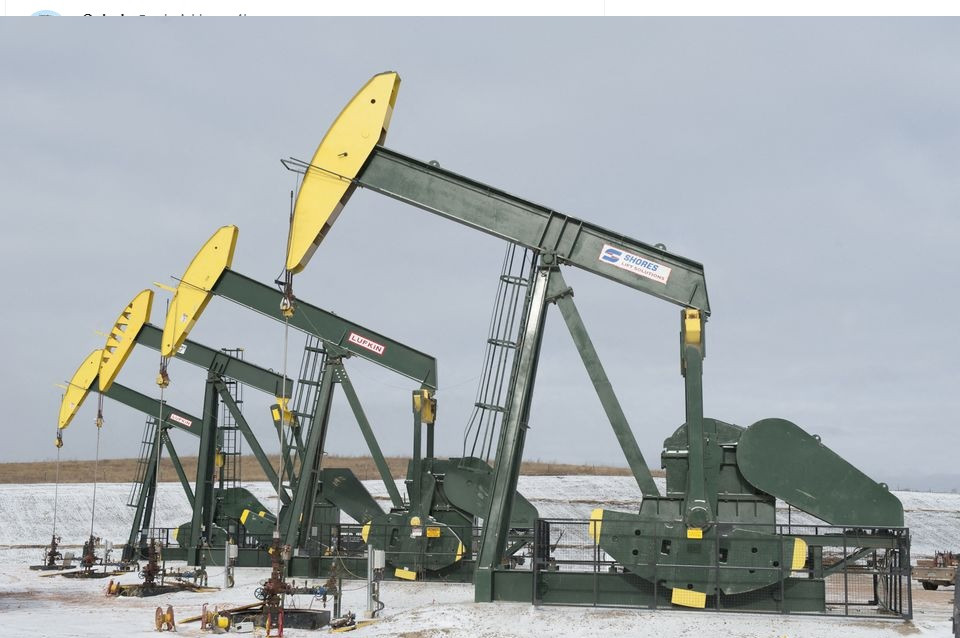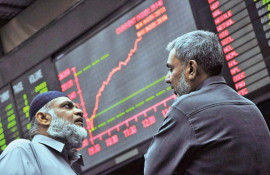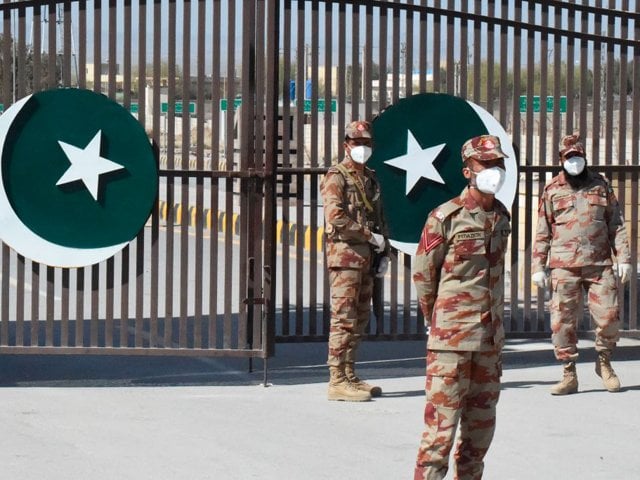
Oil prices surged on Thursday, with Brent breaching $100 a barrel for the first time since 2014, after Russia attacked Ukraine, exacerbating concerns that a war in Europe could disrupt global energy supplies.
After Russian President Vladimir Putin authorised what he called a special military operation, Ukraine's Foreign Minister Dmytro Kuleba said in a tweet that Russia had launched a full-scale invasion of Ukraine and was targeting cities with weapons strikes.
Ukraine said that Russia was moving military equipment into the country from Crimea and facing non-stop cyber attacks. It reported one death so far.
Russia is the world's second-largest oil producer, mainly selling its crude to European refineries, and is the largest provider of natural gas to Europe, providing about 35% of its supply.
Brent crude rose to as much as $103.78 a barrel, the highest since August 14, 2014, and was at $103.18 a barrel at 0830 GMT, up $6.34, or 6.5%.
US West Texas Intermediate (WTI) crude futures jumped $5.48, or 6%, to $97.58 a barrel, after rising to as much as $98.46, the highest since Aug. 11, 2014.
Oil prices have surged more than $20 a barrel since the start of 2022 on fears that the United States and Europe would impose sanctions on Russia's energy sector, disrupting supplies.
Underscoring the supply concerns, the premium of front-month Brent to the second-month future rose by as much as $0.75 to $3.54 a barrel, the most since 2011.
"This growing uncertainty during a time when the oil market is already tight does leave it vulnerable, and so prices are likely to remain volatile and elevated," said Warren Patterson, head of ING's commodity research.
While there are no sanctions yet on the energy trade, western nations and Japan on Tuesday punished Russia with new sanctions for ordering troops into separatist regions of eastern Ukraine, and threatened to go further if Moscow launched an invasion of its neighbour.
"It is not just geopolitical risk that is the problem but the further straining of supply," OCBC economist Howie Lee said.
"Russian oil supply will disappear overnight if faced with sanctions... and OPEC can't produce fast enough to cover this gaping hole."
Some members of the Organisation of the Petroleum Exporting Countries (OPEC) said this week there is no need for the group and its allies to increase output further as a potential deal between Iran and world powers over the oil producers' nuclear programme would increase supplies.
The US and Iran have been engaged in indirect nuclear talks in Vienna that could lead to the removal of sanctions on Iranian oil sales.
However, certain OPEC members are already struggling to meet current output targets.
Analysts are also warning of inflationary pressure on the global economy from $100 oil, especially for Asia, which imports most of its energy needs.
"Soaring oil prices come at an especially difficult time," HSBC economist Frederic Neumann said.

1732225542-0/logan-(1)1732225542-0-165x106.webp)















COMMENTS
Comments are moderated and generally will be posted if they are on-topic and not abusive.
For more information, please see our Comments FAQ